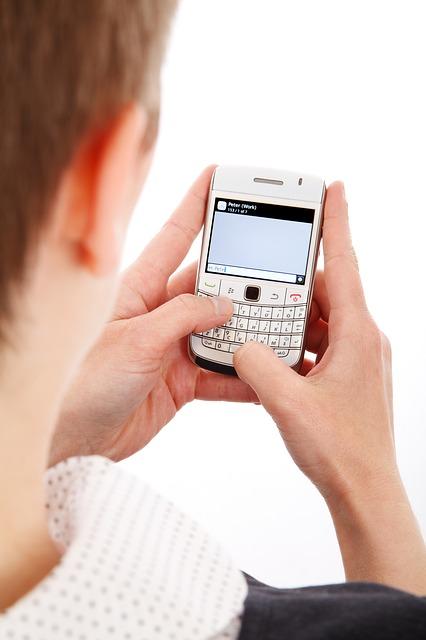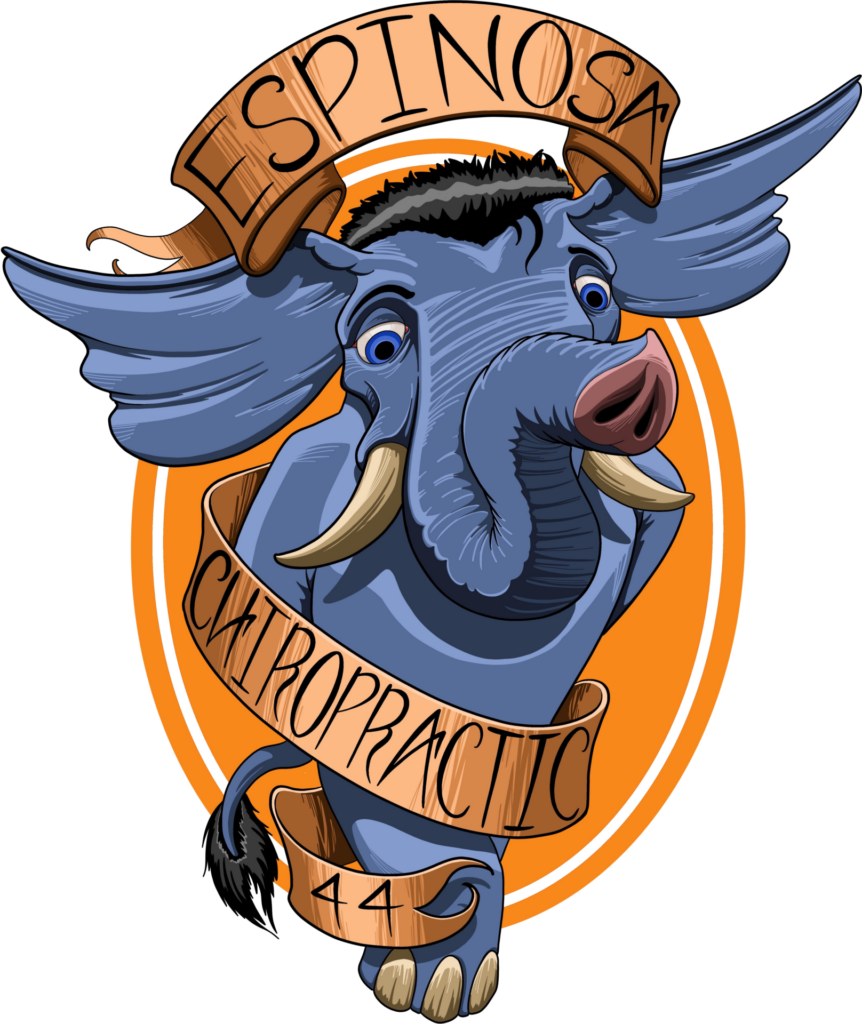
Text Neck: A Modern Reality

Today, a topic ripped straight from the pages of the 21st century: the growing prevalence of neck injuries related to text messages. Rewind about 40 years ago and there is no way you could convince me the average human was concerned about a pocket computer creating problems for the average neck. Now, it is our reality: overuse of cell phones is creating premature degeneration of the spine. The problem involves looking down; before cell phones, the things that made us look down the most were books and the laptop computer. If we were not heeding the advice to read at eye level and arm’s length then, we certainly aren’t doing so now with cell phones.
Holding the cell phone in a manner that keeps your spine in neutral posture puts strain on the arms; it is much easier to hold the phone in your lap or at hip-level to conduct social media management. However, when we look down for prolonged periods of time, we are exponentially increasing the weight of the head in relation to the spine. The body responds by calling on all of the muscles involved with posture: from the core, to the shoulders, upper back and neck, most of your upper body has now taken on more stress. When this stress accumulates over prolonged periods of time, muscle strain is a natural outcome. From muscle strain it is a natural progression to painful muscle spasms and limitation in range of motion and flexibility.
Unfortunately, the groups most at risk are the younger generations. Various studies indicate that people between the ages of 18 and 44 cannot go 2 hours without a cell phone at their side. As a culture, the price of progress is shifting spinal problems to a younger generation. At Espinosa Family Chiropractic, we are hoping to raise awareness of this issue and get people to look up once in a while. Maybe it is not cool to hold your cell phone out in front of your face at a healthy distance, but is it cool to have back problems at age 18? We don’t think so, and to this end, we offer you our expertise and treatment in support of backs that face more challenges than ever in the fight to stay healthy.
Dr. Raymond Espinosa, D.C.
